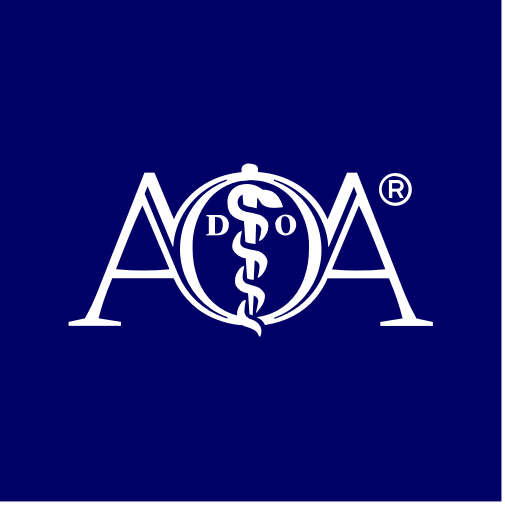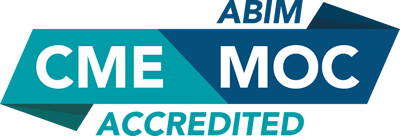
COURSE CREDITS & HOURS
16 AMA PRA Category 1 Credits™16 ACPE Credits
16.0 Contact Hours
16 (part II) MOC points in medical knowledge in the American Board of Internal Medicine's (ABIM) Maintenance of Certification (MOC) program
COURSE FEES
TARGET AUDIENCE
PROGRAM PURPOSE
- Interpersonal Influence in Healthcare Teams
- Develop stronger communication skills and will improve their ability to influence others
- Interpersonal Communication for Healthcare Professionals
- Communicate and negotiate more effectively by learning keys to interpersonal influence and through deliberate practice.
- Handling Conflict in Healthcare Teams
- Better able to navigate complex interpersonal conflicts.
- Finding Better Solutions to Team Problems
- Gain skills in negotiating outcomes in interpersonal and team communication.
- Risk Management
- Discuss the principles and importance of risk management in healthcare settings.
- Gain the knowledge and skills required to implement risk management strategies in clinical practice
- Discuss the legal implications of failing to manage risks in healthcare settings.
- Joint Injection and Aspiration
- Educate physicians on the indications and contraindications for joint aspiration
- Discuss the technique and equipment required for joint aspiration
- Equip physicians with the knowledge and skills required to interpret synovial fluid analysis and its clinical significance
- Demonstrate the potential complications of joint aspiration and their management
- Demonstrate contraindications of joint aspiration and injection
- Burnout Prevention
- Educate physicians on the prevalence and causes of burnout Provide physicians with an understanding of the impact of burnout on their well-being and patient care
- Define burnout
- Identify who can get burnout
- Equip physicians with the knowledge and skills required to recognize and address burnout in themselves and others
- Demonstrate the strategies and resources available for preventing and treating burnout
- Selection of Antiemetics
- Improve the quality of care they provide to patients experiencing nausea and vomiting
- Explain the importance of selecting the appropriate antiemetic for patients
- Discuss the different types of antiemetics and their mechanisms of action
- Provide an overview of the different factors that can influence the selection of an antiemetic
- Medical Interpreters and during consultation
- Explain how medical interpreters can help bridge language and cultural gaps during office visits
- Discuss the positive impact medical interpreters can have on patient care and outcomes, including increased patient satisfaction, improved communication, and better health outcomes
- Utilize medical interpreters to bridge gaps in access to healthcare by providing accurate and complete interpretation services during office visits
- Ensure that patients receive the information they need to make informed decisions about their care by using medical interpreters
- Mediate cultural differences and advocate for patients to build trust and improve patient-provider relationships
- Utilize medical interpreters to maximize the effectiveness of office visits and improve patient outcomes
- Breast Cancer Awareness
- Identify gaps in knowledge and practice, to improve the care they provide to patients with breast cancer and ultimately improve outcomes for those patients
- Define breast cancer and its prevalence
- Describe the importance of breast cancer screening and early detection
- Identify the risk factors for breast cancer in women and men
- Abdominal Aortic Aneurysm
- Develop a better understanding of the risk factors, diagnosis, management, and potential complications of AAA to improve ability to detect and manage AAA in patients
- KPI in Healthcare
- Dmonstrate the implications of KPIs for patient outcomes and overall healthcare quality.
- Develop an understanding of how to select, track, and analyze KPIs in clinical practice
- Explore Measurement tools and challenges in Risk Measurement











































